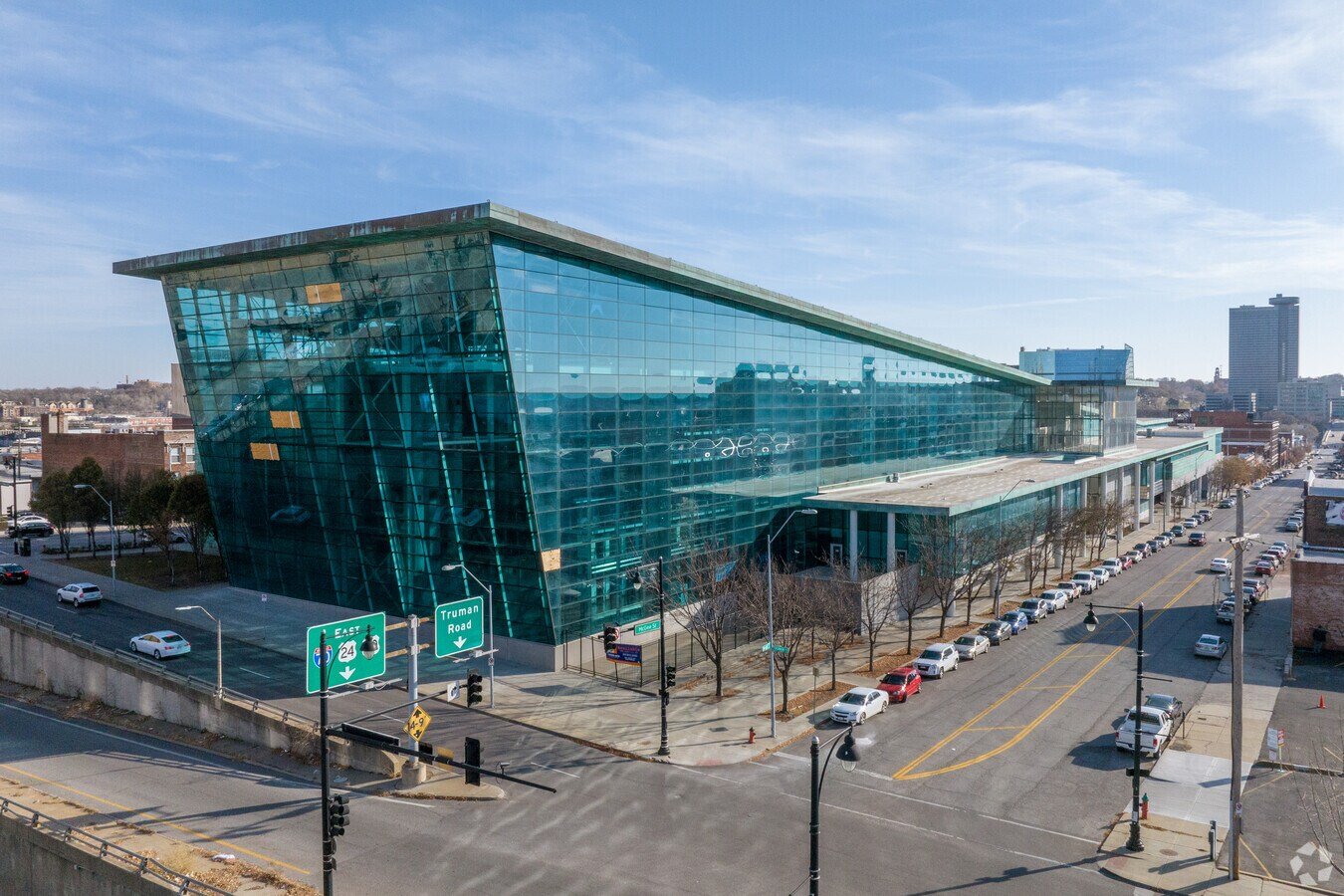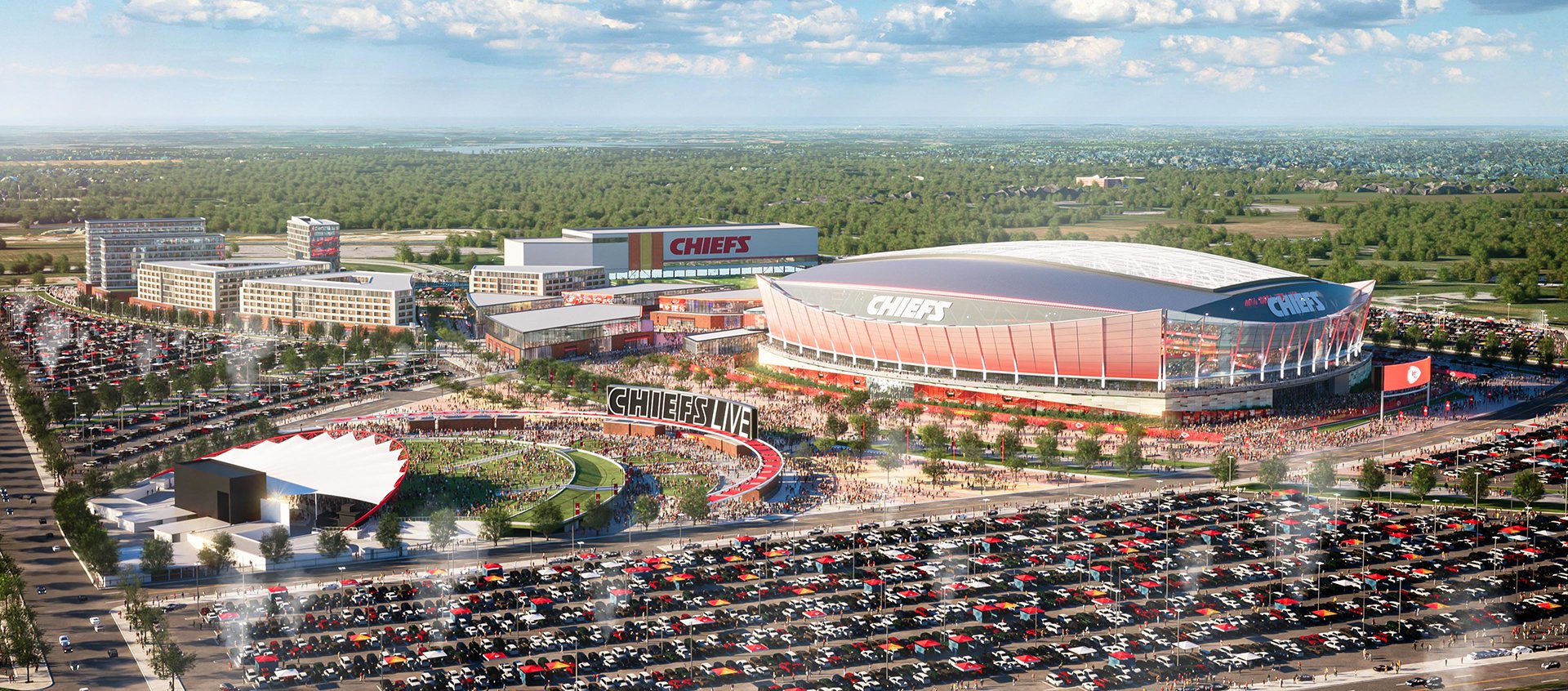The Kansas City chapter of CoreNet Global hosted futurist Nikki Greenberg for a virtual presentation on Thursday, November 5.
Greenberg, an architect by trade, worked in real estate development in Sydney, Australia before relocating to New York four years ago where she founded Real Estate of the Future, American PropTech and Women in PropTech.
According to Greenberg, the pandemic accelerated technological changes that were already underway and created opportunities for the commercial real estate industry to embrace these changes.
“We have a construction site without a blueprint. The world has fundamentally changed. The industry’s been blowing up, and there’s rubble everywhere. As real estate professionals, it’s up to us to decide now that we know that things have been dismantled, what do we want to build . What do we want the future to look like for our industry, our assets, for our buildings and for the people who occupy them,” Greenberg said.
Although technology is changing at an exponential rate, Greenberg said we tend to think about the here and now; however, there are several megatrends that are going to cause fundamental shifts within the commercial real estate industry.
The pandemic increased the prevalence of checking in with our devices, using QR codes and other methods of touch-free entry into buildings. Greenberg said these types of technology are here to stay.
“So you do want to be thinking about your touch-free access and how you’re using technology for your building and your spaces to make it a more pleasurable experience,” Greenberg said.
Greenberg said that because of the uncertainty of when people will return to the office and what future space requirements will be, flex space operators are the future because they are flexible and nimble. Flex space is designed to respond to current conditions and absorb risk.
“They have desks that anyone can jump in on, depending on the provider. So, you give that uncertainty over to a third party. Then it becomes a shared space and you’re not having to have redundant space that’s not being used,” said Greenberg.
Greenberg said that Amazon represents a megatrend, and the real estate industry needs to watch what Amazon is doing.
“Amazon is very much making a new market. They are big consumers of real estate and of course all of the technological changes that they’re bringing--drones, robots, and so forth--and that’s going to start impacting our assets and sales,” said Greenberg.
Greenberg said that nine out of the top ten purchases on Amazon this year have been electronics, including laptops, iPads, ear buds and AirPods - devices that users can move around their space.
“So people aren’t wanting to have a fixed workspace; they’re not buying desktop computers. They’re wanting to choose where they work. So we should be thinking about that in terms of workplace design. People want to choose where they work,” she said.
Greenberg said using robots represents another megatrend.
“I think within our industry, robots provide a huge opportunity and will be hugely disruptive, but we just aren’t speaking about them enough,” said Greenberg.
Greenberg noted that in warehouse spaces, robots can move parcels; in office spaces, they can deliver parcels to desks; and on college campuses, robots deliver food. And, she said, all the delivery companies have been experimenting with drones and are working to obtain clearance to make drone deliveries.
“In the future, how are packages being delivered? Are they coming through the front door or through a loading dock or are they coming through the roof or a window,” said Greenberg.
Another megatrend is the emergence of Zoom, which, Greenberg said, fundamentally has shifted the way we work.
“So you have to think about how you design for Zoom to connect people that are working from home or working from a third place with those that are in the office working there physically or in a Board room,” said Greenberg.
Greenberg said it’s up to us to choose how much we want to embrace the new technologies and new ways of working.
“The reality is that as the way we live changes, the way we provide our spaces to facilitate the activities happening inside needs to change alongside with it,” she said.





